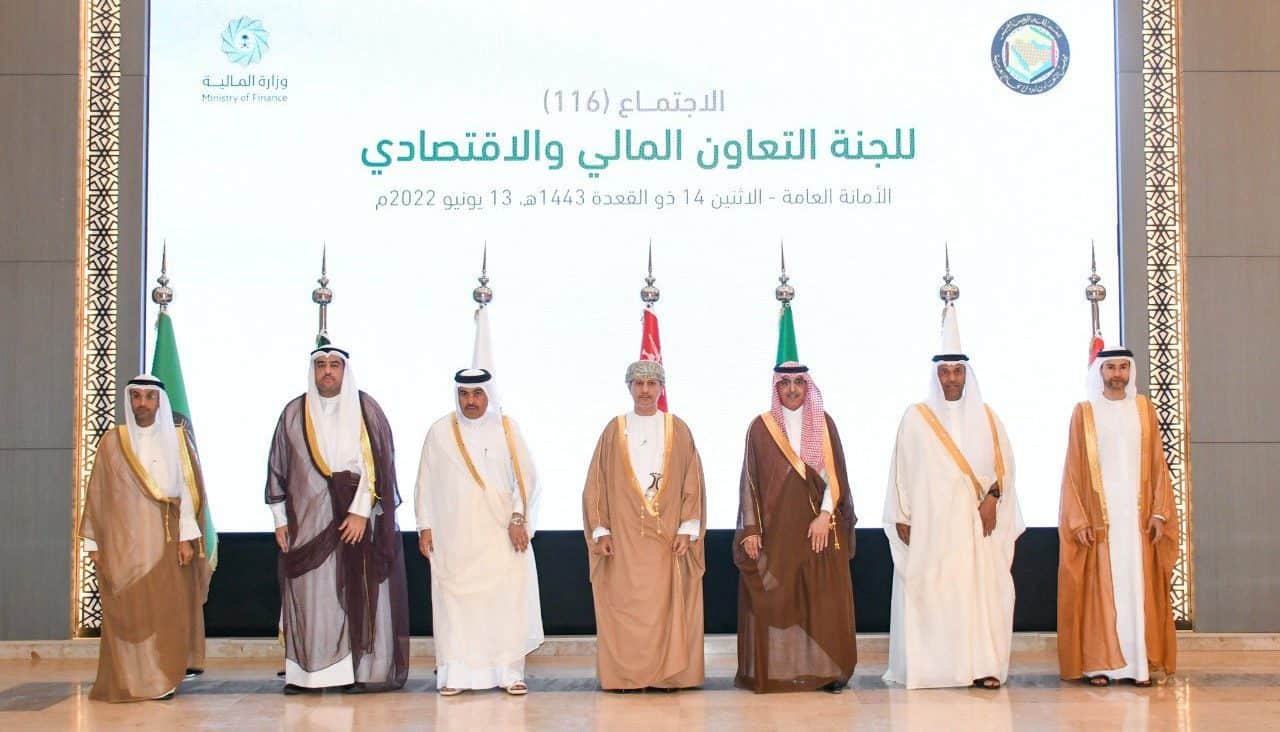During a recent meeting of the GCC Financial and Economic Cooperation Committee led by Saudi Finance Minister Muhammad Al-Jadaan, the finance ministers discussed various topics relevant to increasing GCC financial and economic cooperation, as well as the progress of the signing of the agreement on the unified payment system.
The agreement aims to set up a unified payment system for implementing the transfer and settlement of payments between the GCC countries, as well as enhance the safety and efficiency of the joint payment systems to reduce any potential risks. Accordingly, it will help in maintaining the financial stability in the GCC countries.
In addition, the agreement aims to establish and develop the supervisory powers of central banks regarding the payment systems, as well as establish and maintain a regional infrastructure to be the pillar upon which the unified payment systems are based in the GCC countries.
Under the agreement, the central banks that may be affected by any action violating the provisions of this agreement will have the right to find alternative solutions to ensure the settlement of transactions.
Simon Ballard, Chief Economist of Market Insights & Strategy at FAB Global Markets, told TRENDS that this agreement forms a part of the GCC’s initiative to enhance and strengthen the region’s financial markets on the global stage and to encourage regional trade and economic diversification.
“The linking and streamlining of payments between GCC countries should help make local currency and cross-border payments more cost-effective, more efficient, and more timely (real-time capability),” he added.
The participation of the GCC countries in the system is optional, based on their readiness. However, this has nothing to do with their contribution to the establishment of any GCC payment company. Any of the GCC governments that are party to this agreement may withdraw from it as long as it pledges to fulfilling all requirements and duties stemming from its participation in the system.
The central banks will have the authority to establish, own and hire companies to manage and operate the system, in accordance with the controls approved by the Committee of Governors, in addition to developing the payment systems, and ensuring that the transfer and settlement of executed transactions are carried out as per the approved terms and conditions.
The central banks will also approve the exchange rates of the GCC currencies and other currencies for the transactions related to the system.
They will also manage liquidity and financial guarantees to ensure the continuity of the system, as well as set up the necessary mechanisms that would provide appropriate protection for the settlement of cross-border transactions, including the establishment of a fund to guarantee these settlements.
According to the agreement, all payments, settlements, and clearances carried out through the system are valid, final, and irrevocable. Moreover, the clearance arrangements are valid, binding, enforceable and excluded from the provisions of the bankruptcy laws in the GCC countries.
Other benefits of the system includes:
1. Purchase payment implementation over an independent Gulf network
2. Avoiding foreign exchange fluctuations due to the relative stability of Gulf currencies
3. Boost the speed, flexibility, and convenience of electronic payments for purchases.
4. Increasing information confidentiality and guarantee because it is confined to a Gulf network.
5. Increasing security by adding a password for payment activities and not being happy with the invoice.








